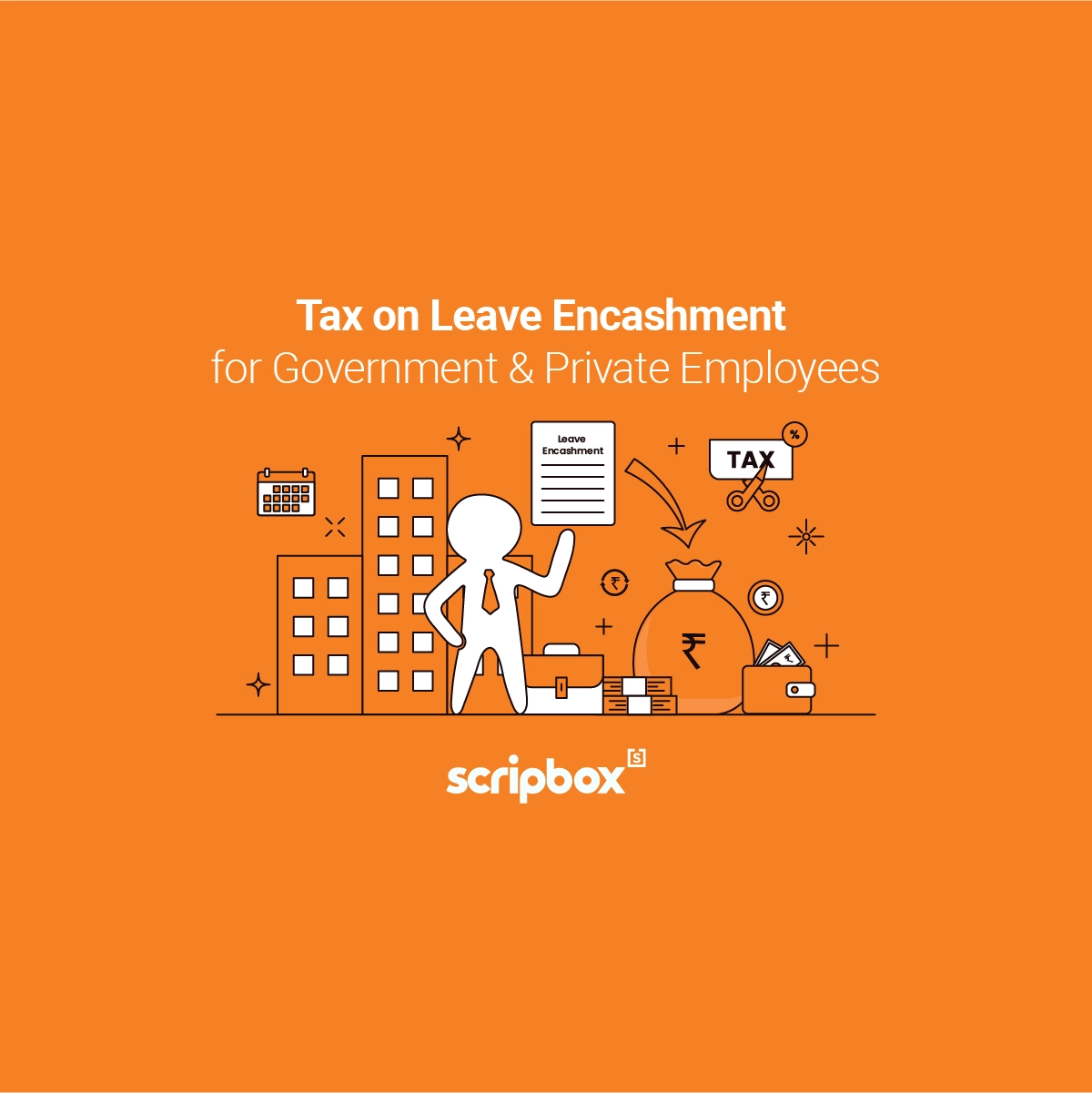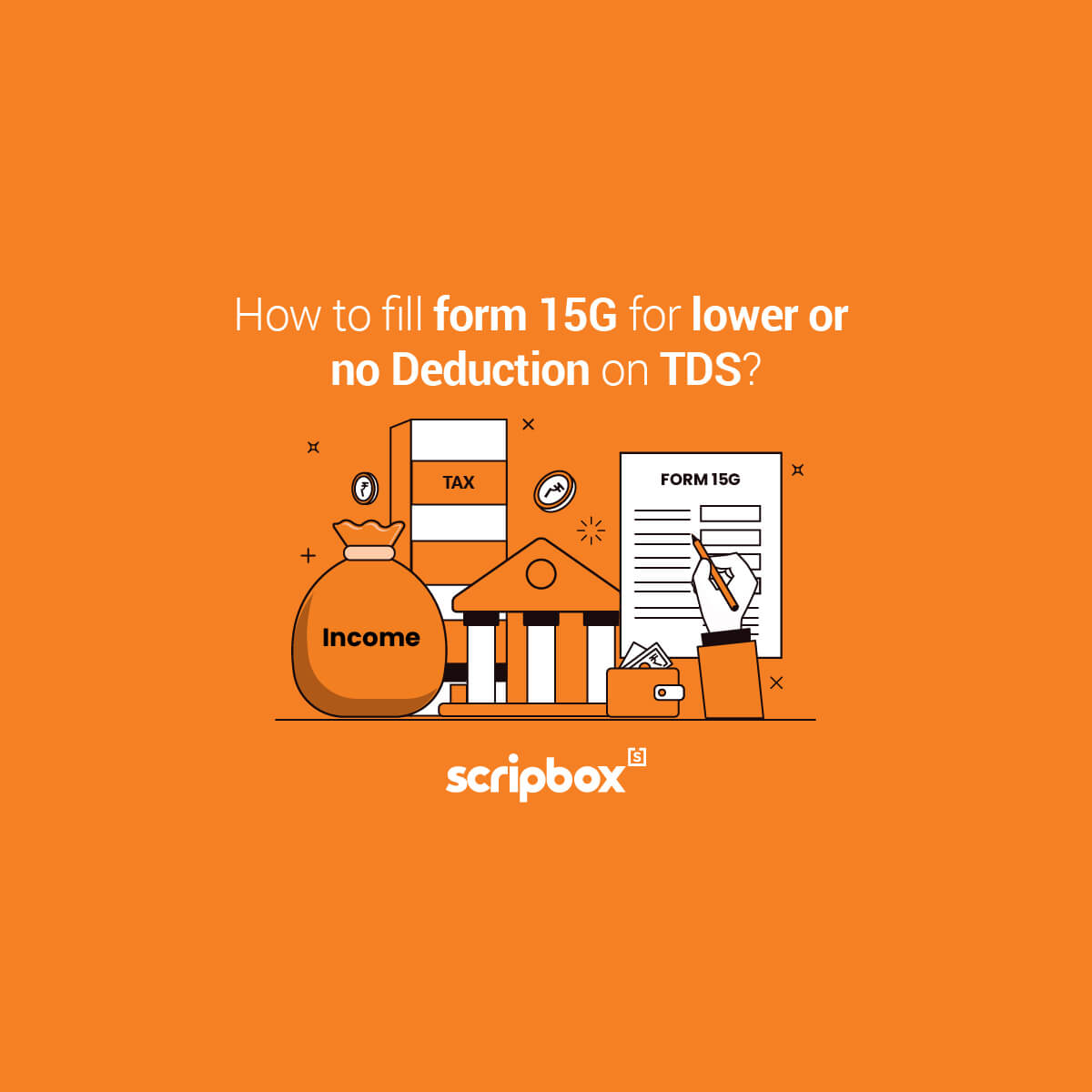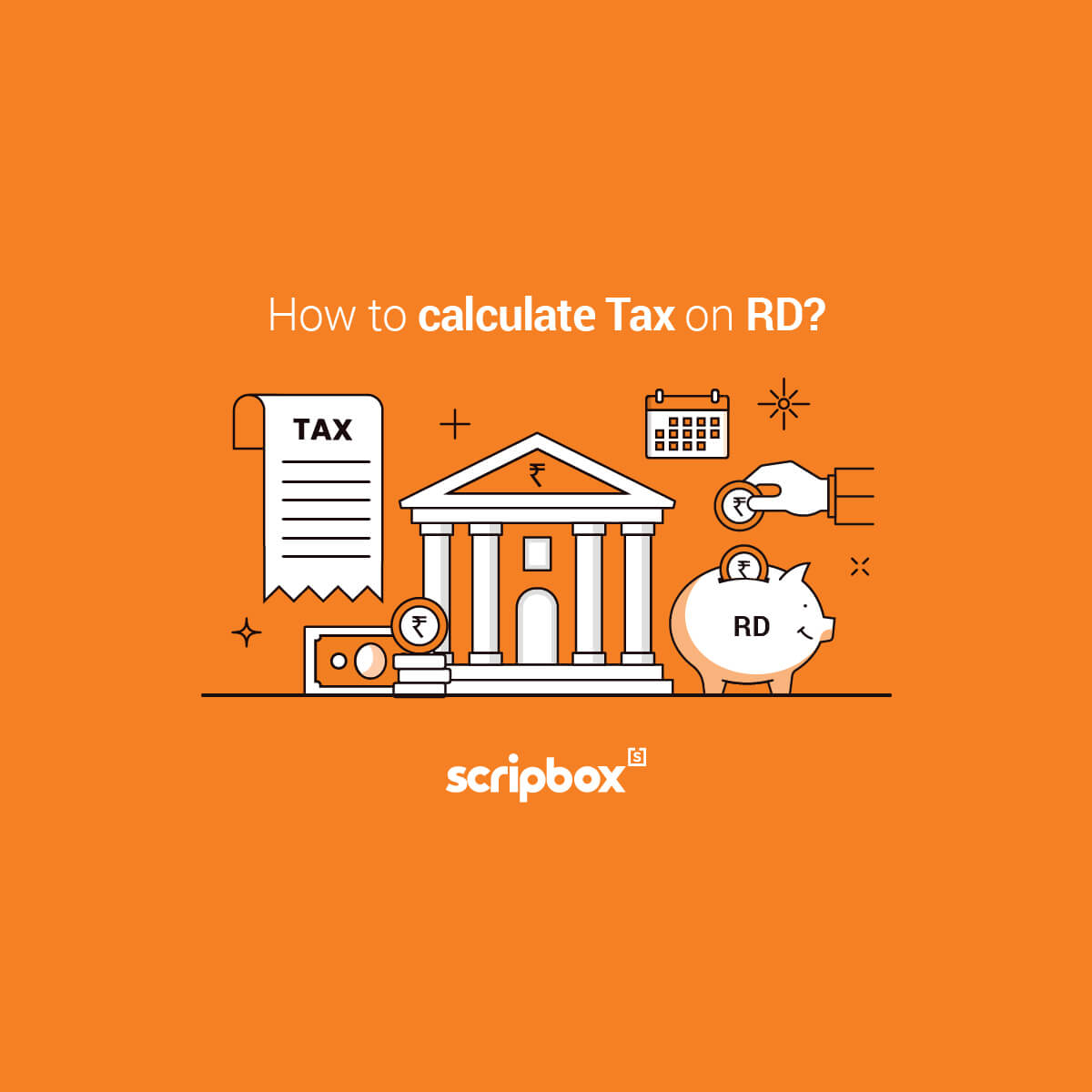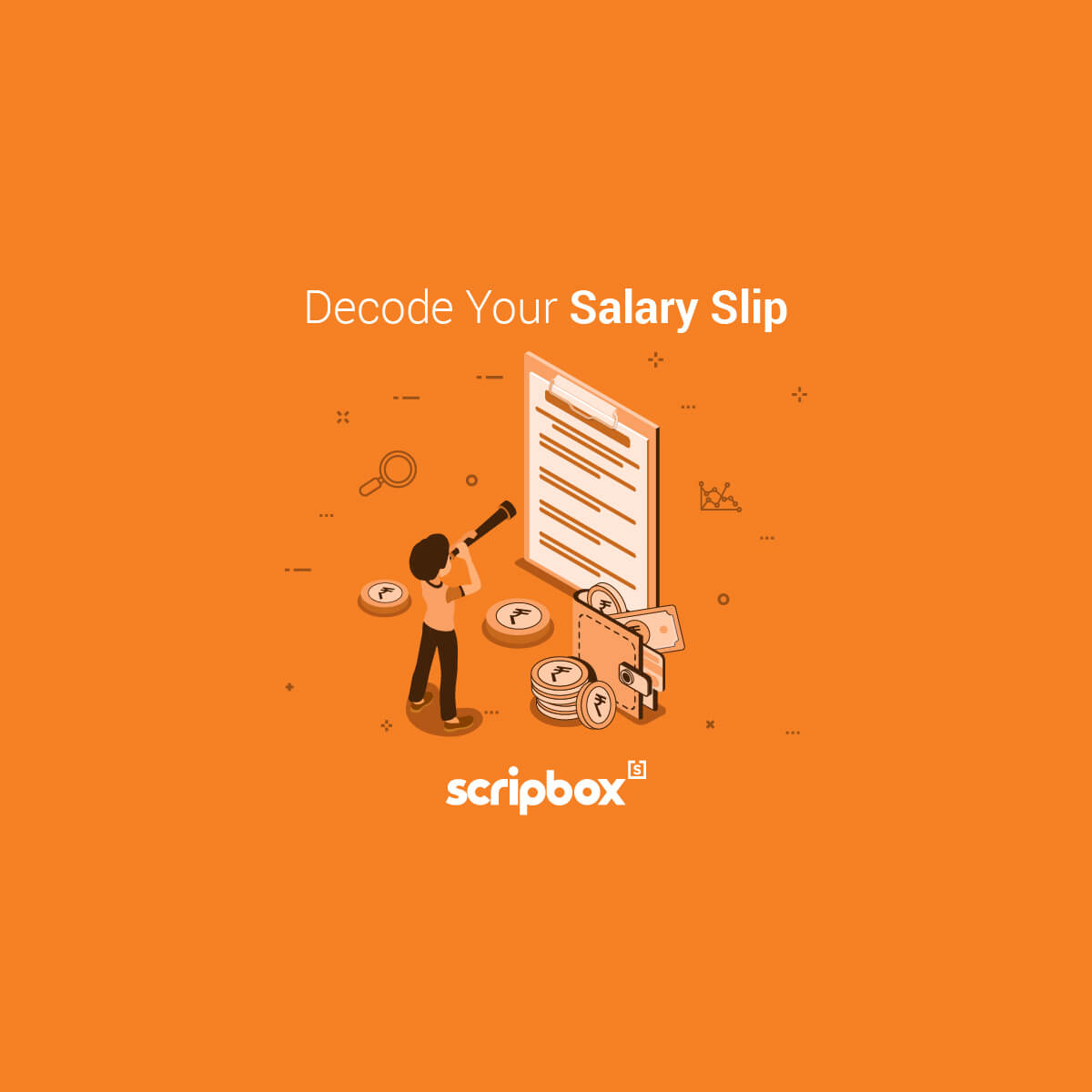TDS payment due date is prescribed by the Income Tax Department to ensure that TDS is deducted regularly and paid to the credit of the Central Government post deduction. Since, a TDS deduction is an amount deducted from an amount payable to another taxpayer the adherence of TDS provisions is imperative. Hence, the Income Tax Department has imposed interest, penalty, disallowance of expenses, and prosecution for every default.
TDS Payment Due Dates
| Month of Deduction | TDS Payment Due Date for all Types of deductors including Government Deductors |
| April | 7th May |
| May | 7th June |
| June | 7th July |
| July | 7th August |
| August | 7th September |
| September | 7th October |
| October | 7th November |
| November | 7th December |
| December | 7th Jan |
| January | 7th Feb |
| February | 7th March |
| March | 30th April (Non-Government Deductors)7th April (Government Deductors, Where tax is paid accompanied by an income-tax challan)Same Day (Government Deductors, Where tax is paid without production of an income-tax challan) |
Mode of Payment of TDS
TDS must be deposited to the credit of the Central Government in any of the following ways:
- E-Payment – Electronic payment is mandatory for all the corporate assesses and assesses on whom provisions presumptive taxation is applicable.
- Physical Mode – By submitting Challan No. 281 in the authorised bank branch assesses can pay through a physical mode of payment.
Consequences on Default of Payment of TDS
The TDS payment due date must be followed by every assessee. A delay or default in payment of TDS would result in severe consequences of expense disallowances, penalty, prosecution, and interest.
Disallowance of Expenditure
| Sum Payable To | Applicability | Disallowance | Condition |
| Resident (Any Amount) | Which is subject to deduction of tax at source | 30% of the amount paid | If the sum is paid without deduction of tax at the sourceif tax is deducted but is not deposited with the Central Government till the due date of filing of return |
| Non-resident or outside India (Any sum other than salary) | Which is chargeable to tax in India in the hands of the recipient | Total amount paid | If the sum is paid without deduction of tax at the sourceIf tax is deducted but is not deposited with the Central Government till the due date of filing of return |
| If tax is deducted or deposited in the subsequent year then the expenditure shall be allowed as deduction in that year. |
Interest on Default in TDS Deduction
If an assessee fails to deduct TDS or after deducting TDS fails to deposit TDS to the credit of the Central Government then the assessee is deemed as assessee-in-default. Such an assessee will be liable to pay interest over delay or default in TDS payment due date as per the following conditions
| Type of Default | Rate of Interest | Period For Which Interest is To Be Paid |
| If a deductor fails to deduct tax at the source | 1% for every month or part of a month on the amount of such tax | From the date on which such tax was deductible to the date on which such tax is deducted |
| After the deducting, the same fails to deposit it to the account of the Central Government | 1.50% for every month or part of a month on the amount of such tax | From the date on which such tax was deducted to the date on which such tax is actually paid. |
Levy of Penalty
Under section 271C, the penalty could be of an amount equal to the TDS not deducted. The penalty shall be charged under section 221 if the deductor fails to deduct and pay tax to the credit of the Central Government. The penalty shall be charged as per the direction of the assessing officer. Further, the amount of penalty levied cannot exceed the amount of tax in arrears.
Prosecution
If an assessee fails to pay to the credit of the Central Government the tax deducted at source by the assessee then prosecution shall be initiated. The rigorous imprisonment shall be for a term not less than three months but not extending to seven years and with a fine.
How is Interest on Late Payment of TDS Calculated?
Failure To Deduct Tax At Source
An assessee was supposed to deduct TDS of the amount of Rs 10,000 in the month of April 2020. Here the assessee was supposed to pay the TDS to the credit of the Central Government by 7th May 2020. He fails to deduct and pay the TDS by 7th May 2020. He actually deducts TDS on 15th August 2020.
Here, the assessee makes default in deduction of TDS and is liable for payment of interest. The interest will be 1% for every month or part of a month on the amount of such tax. The interest shall be paid from the date on which such tax was deductible to the date on which such tax is deducted
Calculation of Interest
Amount of TDS = Rs 10,000
Rate of Interest = 1%
Number of Months of Delay = 5 months (From April till August)
Amount of Interest = Rs 500 (Rs 10,000 * 1% * 5 months)
Failure To Pay To Central Government
An assessee was supposed to deduct TDS of the amount of Rs 30,000 in the month of January 2020. Here the assessee was supposed to pay the TDS to the credit of the Central Government by 7th February 2020. He deducted the TDS on 10th January 2020. However, he fails to pay the TDS by 7th February 2020. He actually pays TDS on 15th December 2020 to the credit of the Central Government.
Here, the assessee makes a default in payment of TDS and is liable for payment of interest. The interest will be 1.5% for every month or part of a month on the amount of such tax. The interest shall be paid from the date on which such tax was deductible to the date on which such tax is deducted
Calculation of Interest
Amount of TDS = Rs 10,000
Rate of Interest = 1.5%
Number of Months of Delay = 12 months (From January till December)
Amount of Interest = Rs 5400 (Rs 30,000 * 1.5% * 12 months)
Assessee-in-Default Exception
An assessee who fails to deduct TDS or pay TDS to the credit of the Central Government is deemed to be an assessee in default. However, the provision has an exception as well. An assessee will not be treated as an assessee in default on fulfilling all of the following conditions:
- Assessee has furnished his/ her return of income under section 139;
- The assessee has taken into account such a sum for computing income in the return of income. Such sum is the amount on which TDS was supposed to be deducted.
- Assessee has paid the tax due on the income declared by him/ her in such return of income. Further, the deductor furnishes a certificate to this effect in Form No.26A from a Chartered Accountant.
Deduction of TDS While Paying Government
Any person paying any interest income or dividend to the following entities need not deduct TDS. Such interest or dividend is in respect of any securities or shares owned by it or in which it has a full beneficial interest, or any other income accruing or arising to it.
- The Central Government, or State Government
- The Reserve Bank of India, or
- A corporation established by or under a Central Act which is, under any law for the time being in force, exempt from income tax on its income, or
- A Mutual Fund specified under clause (23D) of section 10.
Learn How to File TDS Return?
Frequently Asked Questions
Yes, you can pay TDS after the due date of payment of TDS. However, you will have to pay interest on the late payment of TDS. An interest rate of 1% per month is applicable in case of a default in deduction of TDS. If you deduct TDS but fail to pay TDS then an interest rate of 1.5% per month is applicable. To avoid paying such interest and hassle always remember to deduct and pay TDS on or before the due date.
The various types of challan statuses in the TDS/TCS statement are booked, match pending, the match failed (challan), match failed (transfer voucher), and provisionally booked
Yes, you have to pay an upload fee for the correction of e-TDS/TCS returns. The amount of such fees depend on the number of records you are submitting for correction.
Yes, you must mention your TAN at the time of creating a challan to make TDS payments. You must mention your TAN on all TDS returns, challans, and certificates.
No, if you are making any payment to the Government then you are not required to deduct TDS.























Show comments